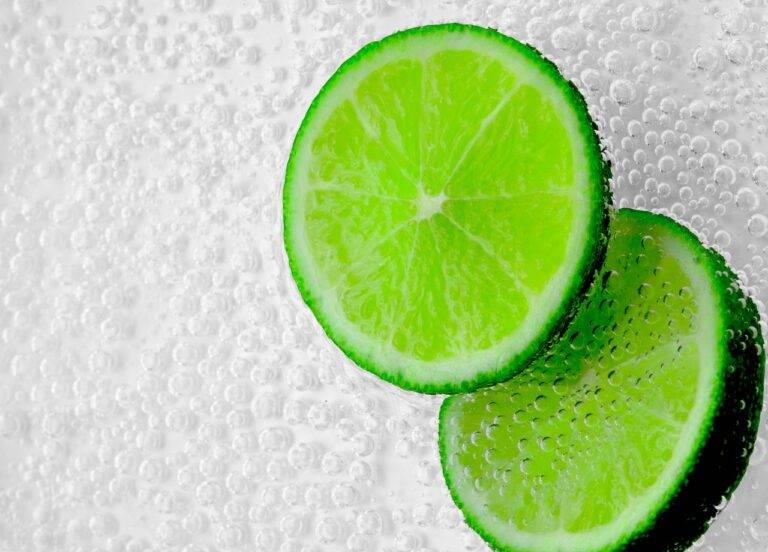The Future of Food and Beverage Marketing
The rise of personalization is transforming the way consumers interact with brands. People now expect tailored experiences that cater to their individual needs and preferences. From customized products to personalized marketing messages, companies are adopting strategies to connect with customers on a more personal level.
Additionally, there is a growing demand for sustainable and ethical products among consumers. More people are consciously choosing to support brands that prioritize social and environmental responsibility. As a result, companies are increasingly focusing on transparency and sustainability in their practices to align with the values of their consumer base.
Innovative Technology in Marketing Strategies
In today’s fast-paced digital age, businesses are increasingly turning to innovative technologies to enhance their marketing strategies. One such technology that is gaining popularity is augmented reality (AR). AR allows consumers to experience products or services in a more interactive and engaging way, creating a deeper connection between the brand and the customer. By incorporating AR into marketing campaigns, companies can offer unique and personalized experiences that set them apart from competitors and leave a lasting impression on consumers.
Another cutting-edge technology that is revolutionizing marketing strategies is artificial intelligence (AI). AI tools and algorithms can analyze vast amounts of data to identify patterns and trends, allowing marketers to deliver more targeted and personalized content to their audience. From chatbots providing instant customer support to predictive analytics guiding decision-making processes, AI is reshaping the way businesses reach and engage with consumers. By harnessing the power of AI, companies can streamline their marketing efforts, improve ROI, and stay ahead of the curve in today’s competitive marketplace.
What are some emerging trends in consumer preferences that companies should be aware of?
Some emerging trends in consumer preferences include personalized marketing, voice search optimization, interactive content, and augmented reality experiences.
How can innovative technology be used in marketing strategies to reach target audiences?
Innovative technology can be used in marketing strategies through the use of artificial intelligence, virtual reality, chatbots, and data analytics to create personalized and engaging experiences for target audiences.
What are some examples of successful marketing campaigns that have utilized innovative technology?
Examples of successful marketing campaigns that have utilized innovative technology include Starbucks’ mobile ordering app, Nike’s personalized running coach app, and Sephora’s virtual try-on tool for makeup.
How can companies stay ahead of the competition by incorporating innovative technology into their marketing strategies?
Companies can stay ahead of the competition by continuously researching and implementing the latest technological advancements in marketing, analyzing consumer behavior data, and experimenting with new and creative ways to engage with their target audience.





